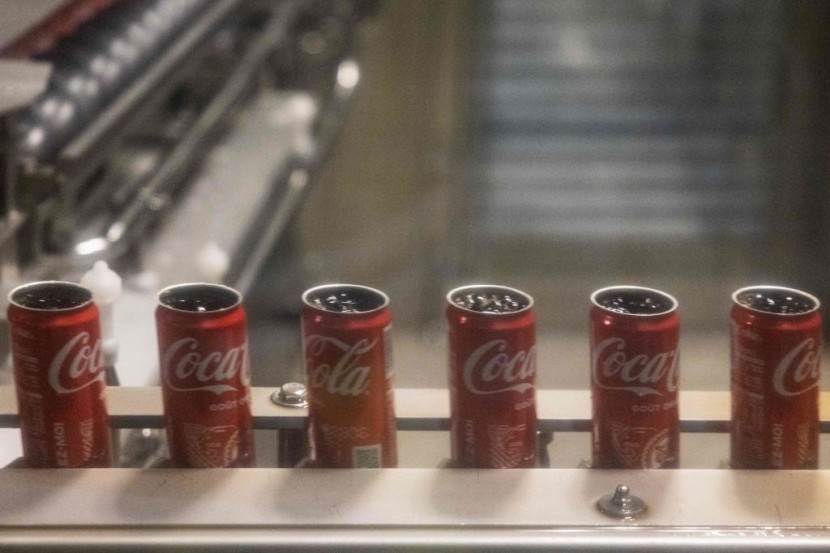One of the most popular artificial sweeteners in the world is about to be classified as a potential carcinogen by a prestigious international health organization, pitting it against the food sector and regulators.
The International Agency for Research on Cancer (IARC), the cancer research arm of the World Health Organization (WHO), will list aspartame as "possibly carcinogenic to humans" for the first time in July. Aspartame is an ingredient in products like Coca-Cola diet sodas, Mars' Extra chewing gum, and some Snapple drinks, according to Reuters.
Is It Safe?
The IARC decision, made earlier this month following a meeting of the group's outside specialists, aims to determine whether or not anything poses a risk based on all available published information.
How much of a product a person can safely ingest is not considered. JECFA (the Joint WHO and Food and Agriculture Organization's Expert Group on Food Additives), a different WHO expert group on food additives, along with decisions from national regulators, provides this advice for individuals.

Similar IARC decisions for other drugs have prompted litigation, alarmed people about their use, and forced producers to rework formulas and employ alternatives. This has given rise to complaints that the public may find the IARC's assessments perplexing.
This year, JECFA, the WHO committee on additives, is also examining the usage of aspartame. Its meeting started at the end of June, and it is scheduled to release its conclusions on July 14-the same day the IARC releases its verdict.
Regulators Oppose the Safety of Aspartame
JECFA has stated since 1981 that aspartame is safe to ingest within established daily limits. For instance, a 60 kg (132 lb) adult would have to consume between 12 and 36 cans of diet soda each day, depending on the amount of aspartame in the beverage, to put themselves in danger.
National regulators, including those in the United States and Europe, mostly concur with this viewpoint.
The JECFA committee's findings and those of the IARC were both "confidential" until July, according to an IARC spokesman, who also noted that they were "complementary," with the IARC's conclusion serving as "the first fundamental step to understand carcinogenicity."
The additives committee "conducts risk assessment, which determines the likelihood that a particular type of harm (such as cancer) will occur under specific circumstances and levels of exposure."
However, according to letters from U.S. and Japanese officials, businesses and regulators worry that holding both processes roughly simultaneously might be confusing.
The letter also demanded that both bodies' decisions be made public on the same day, as is currently the case.
Related article : Diet Pepsi Hits Shelves With Aspartame-Free Recipe
© 2025 HNGN, All rights reserved. Do not reproduce without permission.








